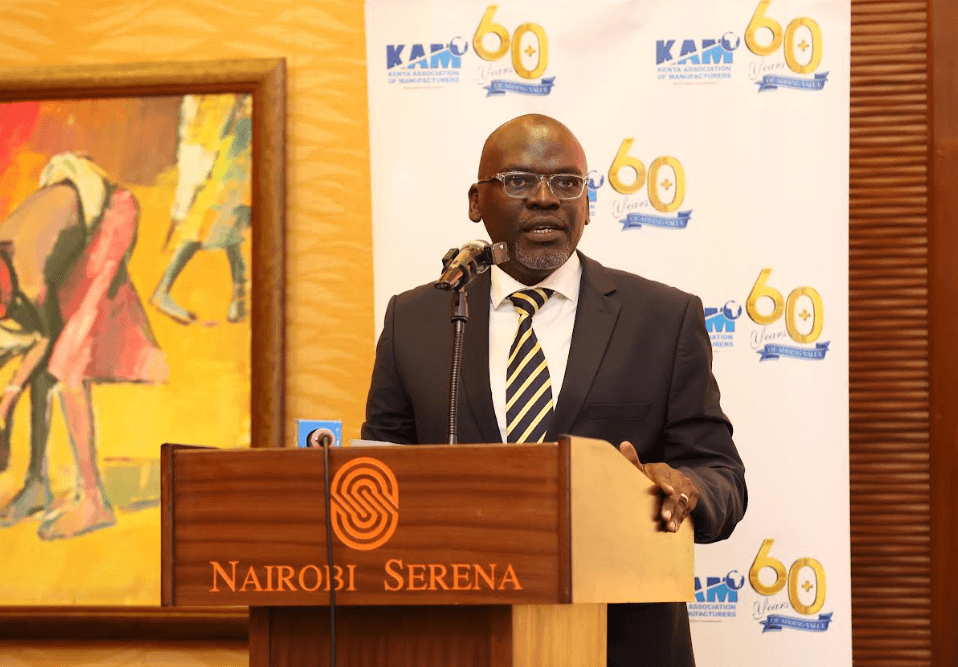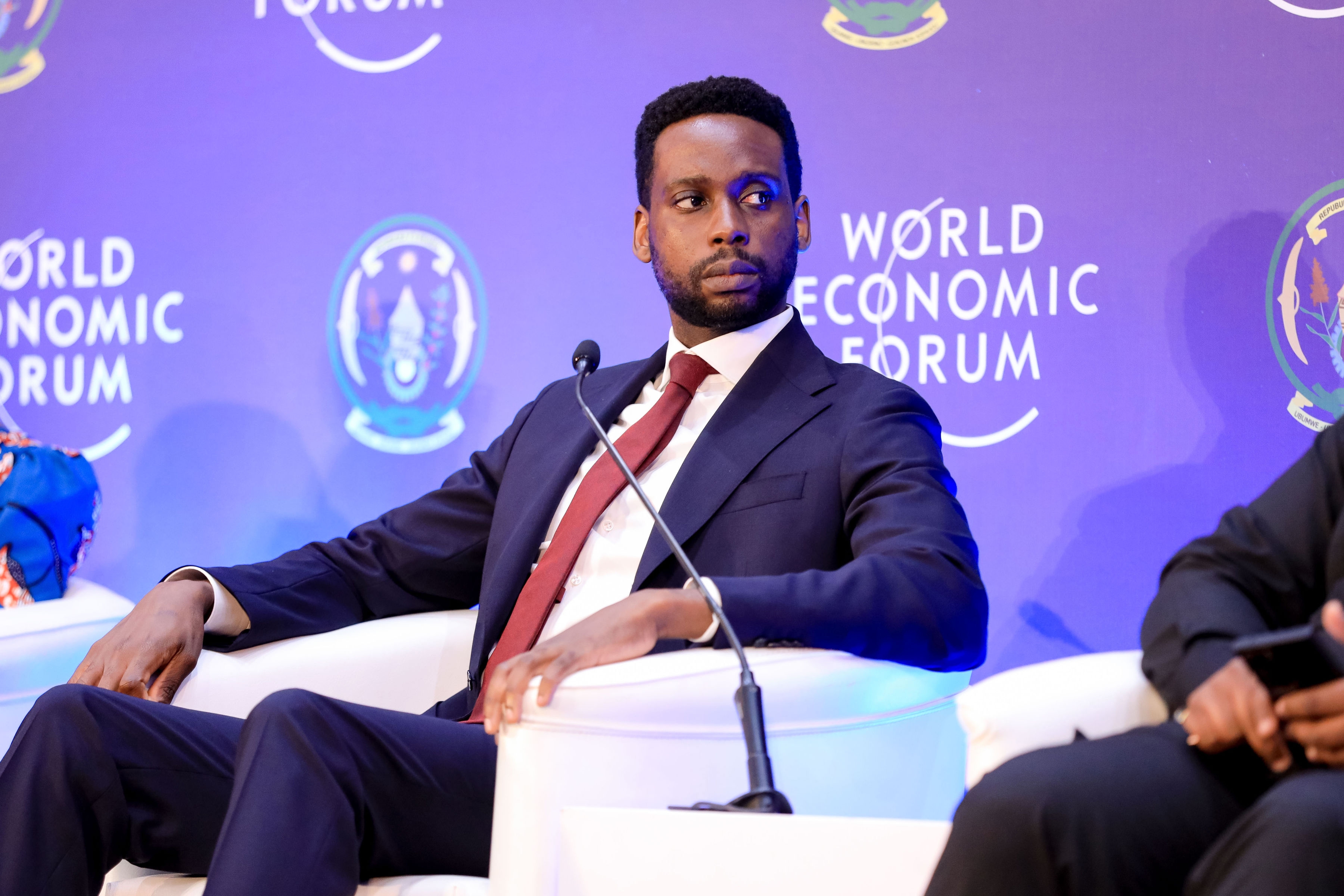Over the years, women in Kenya and around the world have been fighting for a seat at the table. We have witnessed tremendous progress on this over the last decade or so.
However, there are men, especially those in positions of power, treating the rights of women as a favour. They behave as if women are a lower breed of humans who do not deserve a seat at the table.
On the contrary, history shows that women, even those not in leadership, have done more for the betterment of humanity.
Throughout the years, women have been a key component in every election. They have been the demographic that you can count on for support and are most likely the ones that will turn out to vote in an election.
This demographic is also more loyal and dependable if you compare it with the youth, which is difficult to persuade to turn out in large numbers. Because women know the value of good leadership, they work hard to ensure that they vote.
Kenya has a rich history of women's leadership. We have had people like Julia Ojiambo, Kenya’s second elected woman MP when she became the Funyula lawmaker in 1974. Her role in women's leadership cannot be overstated.
We also have Nyiva Mwendwa, the first Kenyan woman to be appointed as a Cabinet minister. She was elected Kitui West MP three times, in 1974, 1992 and 2002.
In the last election, we saw five women elected as governors and more women were elected into Parliament as Kenyans continue to see that women are a key pillar of the country’s leadership.
This is the first election where we are seeing more women go for top seats at various elective levels. It is the first time we are seeing three out of the four candidates in the presidential race having women on the ticket.
The selection of Narc Kenya leader Martha Karua as running mate by Azimio presidential candidate Raila Odinga was the master stroke that turned the tide and shifted the focus of this election to the women's bloc.
Karua is a woman to be admired as a fighter who has defended what she stands for as witnessed during her years as MP as well as Cabinet minister. This was evident in 2007 when she defended President Kibaki's election win at the KICC.
Last week, Deputy President William Ruto held a women's conference at Nyayo Stadium where he prioritised the women's agenda and shifted focus to what his administration would do to support women.
During the meeting, women from all walks of life told the DP what they would like to see as a priority in his government if he is elected president. They expressed their aspirations to ensure that the men in that tent heard their voices and should make their needs a priority.
One striking remark was from a woman who said that reforms in the police should involve having policewomen man the gender desk as men do not know how to handle victims who go to report gender-based violence cases.
These conversations are important as they elevate the voice of women and ensure that candidates take them seriously. They ensure that women are part of the table in making decisions that directly affect them.
And to underscore the importance of the women's vote, you will see that all the candidates have made women's needs an agenda in this election. Raila has the Inua Mama pillar in his manifesto that promises more inclusion for women as well as economic empowerment for them.
Ruto has promised to ensure all girls get sanitary pads, 50 per cent of the positions in Cabinet go to women and focus on ensuring that the country implements the two-third gender principle fully.
It is therefore becoming clear that women will definitely determine the outcome of this election come August. The candidate who persuades more women that their seat at the table is assured and that their needs are catered for will definitely come on top.

















